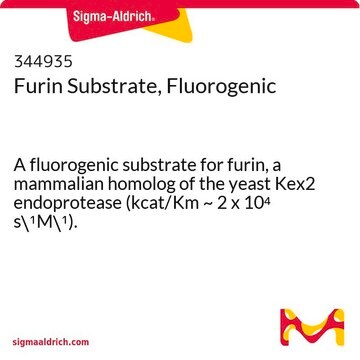676829
Reagent Alcohol
anhydrous, contains 5% isopropyl alcohol and 5% methyl alcohol as denaturant
Synonyme(s) :
Ethyl alcohol, Reagent alcohol, Ethanol, RGA, denatured alcohol
About This Item
Produits recommandés
product name
Reagent Alcohol, anhydrous, ≤0.005% water
Qualité
anhydrous
Niveau de qualité
Densité de vapeur
1.59 (vs air)
Forme
liquid
Contient
5% isopropyl alcohol as denaturant
5% methyl alcohol as denaturant
Limite d'explosivité
3.1-27.7 % (lit.)
Concentration
100%
Impuretés
≤0.005% water
Résidus d'évap.
≤0.0005%
Point d'ébullition
78 °C (lit.)
Pf
−130 °C
InChI
1S/C2H6O/c1-2-3/h3H,2H2,1H3
Clé InChI
LFQSCWFLJHTTHZ-UHFFFAOYSA-N
Vous recherchez des produits similaires ? Visite Guide de comparaison des produits
Catégories apparentées
Description générale
Application
- Microfluidically Assisted Synthesis of Calcium Carbonate Submicron Particles with Improved Loading Properties: Research on microfluidically synthesized calcium carbonate submicron particles shows enhanced loading properties, offering potential advancements in drug delivery systems and other nanotechnology applications (Ermakov AV, et al., 2023).
- Recent Developments in CaCO3 Nano-Drug Delivery Systems: Advancing Biomedicine in Tumor Diagnosis and Treatment: A review focusing on recent advancements in the development of calcium carbonate-based nano-drug delivery systems, which have significant potential to improve tumor diagnosis and therapy (Lin C, et al., 2024).
Composants
greener alternative product
Mention d'avertissement
Danger
Mentions de danger
Conseils de prudence
Classification des risques
Eye Irrit. 2 - Flam. Liq. 2 - STOT SE 2
Organes cibles
Eyes,Central nervous system
Code de la classe de stockage
3 - Flammable liquids
Classe de danger pour l'eau (WGK)
WGK 2
Point d'éclair (°F)
48.2 °F - closed cup
Point d'éclair (°C)
9 °C - closed cup
Équipement de protection individuelle
Eyeshields, Faceshields, Gloves, type ABEK (EN14387) respirator filter
Faites votre choix parmi les versions les plus récentes :
Déjà en possession de ce produit ?
Retrouvez la documentation relative aux produits que vous avez récemment achetés dans la Bibliothèque de documents.
Notre équipe de scientifiques dispose d'une expérience dans tous les secteurs de la recherche, notamment en sciences de la vie, science des matériaux, synthèse chimique, chromatographie, analyse et dans de nombreux autres domaines..
Contacter notre Service technique






